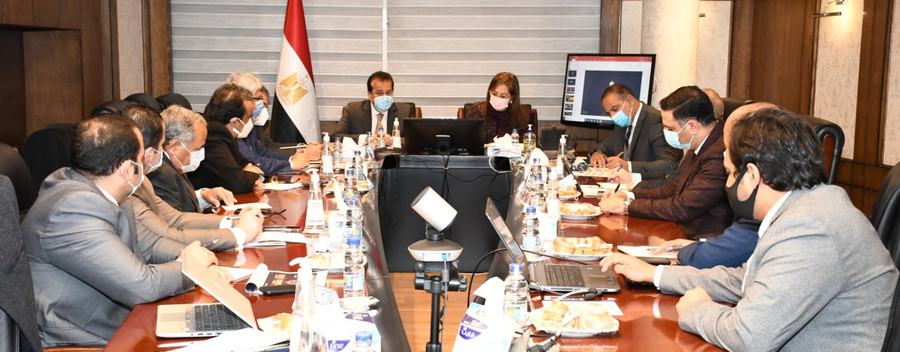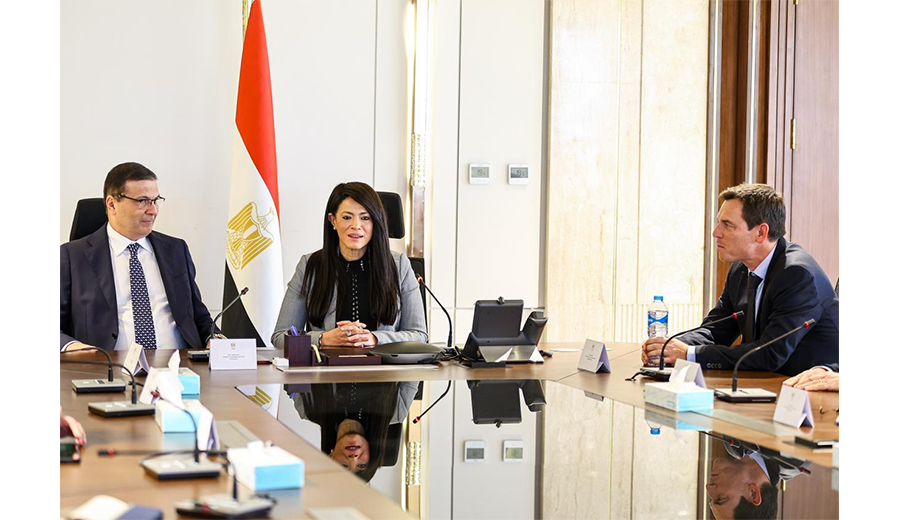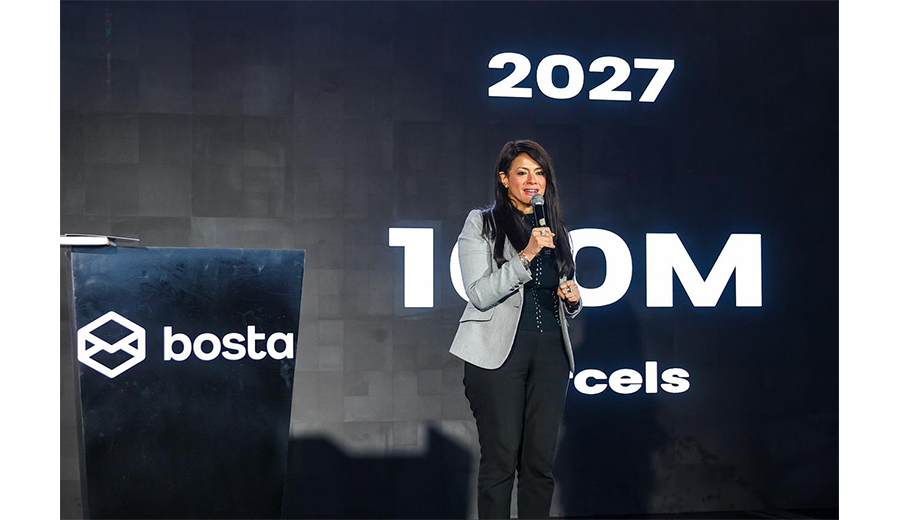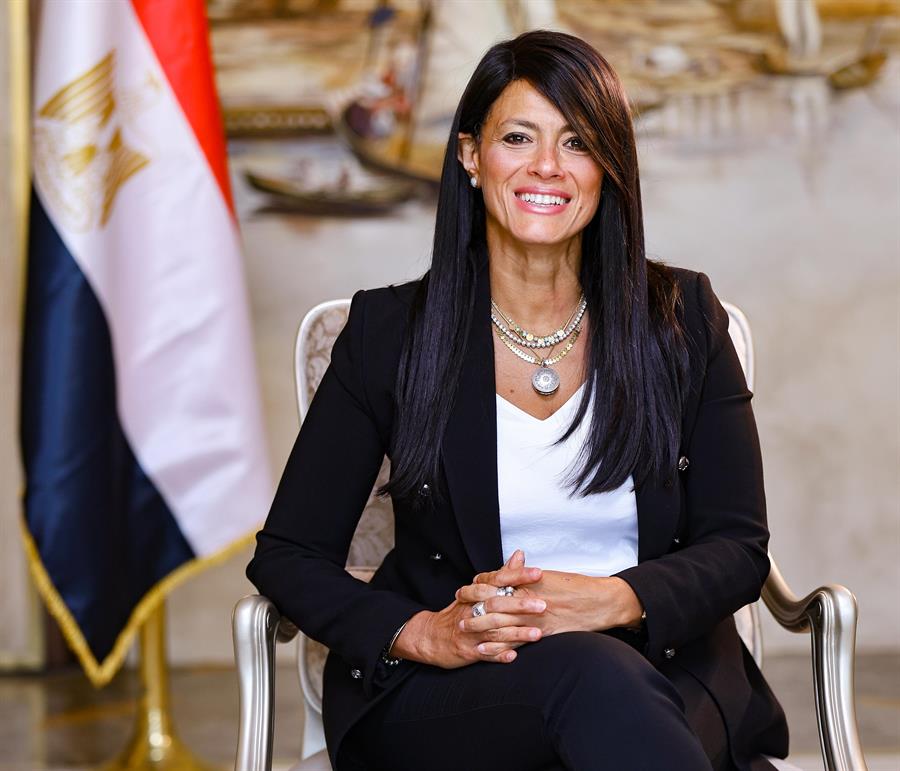Planning, Higher Education Ministers discuss investment plan for FY 2021/22

18 February 2021
Egypt’s Minister of Planning and Economic Development Hala El-Said met with Minister of Higher Education and Scientific Research Khaled Abdel Ghaffar to discuss details of the latter ministry's investment plan for fiscal year (FY) 2021/2022.El-Said said that it is important for Egypt’s educational system projects to comply with the state’s plan, whether in providing education or in bridging the gap between graduates and the labor market.The minister also said that the education and health sectors have priority in this year’s investment plan, as education has various implications in the plan to build people and reduce unemployment rates. At the level of graduates, it supports the state's direction and investment plan that is based on human development mainly.She highlighted the importance of technological universities that contribute to creating new jobs needed by the labour market. At the same time, she highlighted the role of the private sector and private universities and their importance in participating in the educational process.This comes in addition to the important role of university hospitals in developing Egypt’s health system. These entities serve the community in general, and, along with other Ministry of Health hospitals across the country, contribute to providing health services to citizens.For his part, Abdel Ghaffar stressed the importance of the support provided by the Ministry of Planning and Economic Development for higher education and scientific research projects. This falls in line with the state plan for sustainable development.The minister noted his appreciation for the presidential support which has been given to the higher education system and scientific research.Abdel Ghaffar expressed his keenness to meet the needs of society by expanding the establishment of educational institutions across the country, to accommodate the steady increase in population numbers and in the number of applicants.These expansions aim to provide a seat for all Egyptian students from different social strata wishing to study, and to ensure diversity in services for all members of society. As part of these recent plans, three new public universities have been opened in Luxor, New Valley and Matrouh. Abdel Ghaffar also pointed to the establishment of a number of new colleges in public universities.He highlighted the importance of supporting technological universities as a new path for education that contributes to reducing the unemployment rate and opening labor markets to graduates of these universities.This is in addition to development in new urban areas in which the establishment of new universities is expanding.The minister said that six technological universities are in the process of being set up. They are located the cities of East Port Said, 6th of October, Borg El-Arab, New Luxor-Taiba, Assiut, and Sammanoud. These add to the three technological universities that have already been established in New Cairo, Quesna, and Beni Suef and which have already started receiving students.At the level of the scientific research sector, the minister emphasised the importance of supporting scientific research projects in Egypt.He noted that the ministry includes 11 centers, institutes, research bodies and a number of other research bodies, such as the Science, Technology and Innovation Funding Authority, and the Academy of Scientific Research and Technology.The latter has recently started the Egyptian genome project, which aims to provide medical services inside Egypt. It is also looking to develop a database of genetic determinants for the early diagnosis of diseases among Egyptians.It is expected that this will lead to reducing the cost of medical care and improving the quality of life of Egyptians. The programme also includes developing a genetic map of diseases in Egypt, which contributes to the development of better nutrition and healthier habits to prevent diseases.









